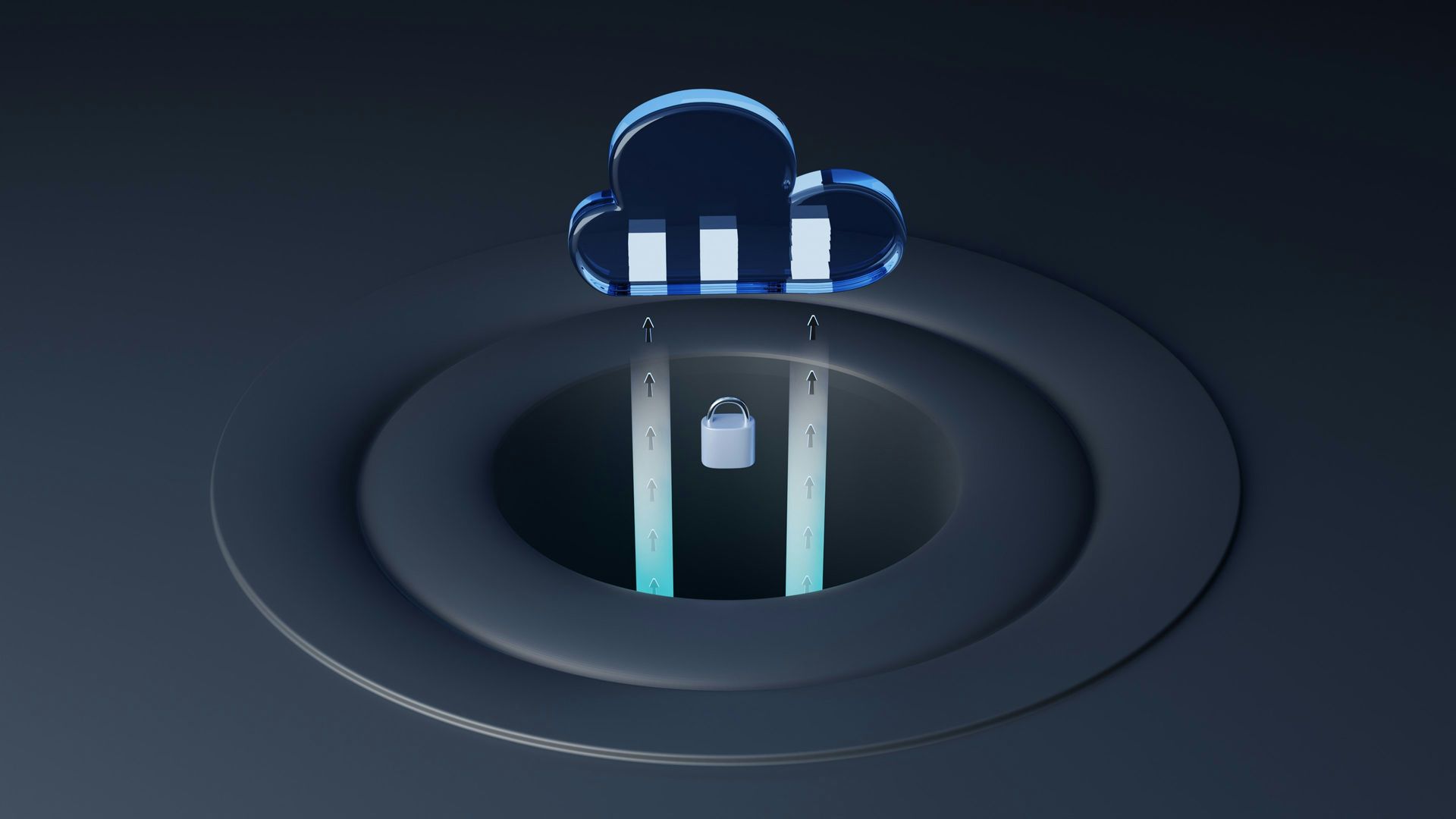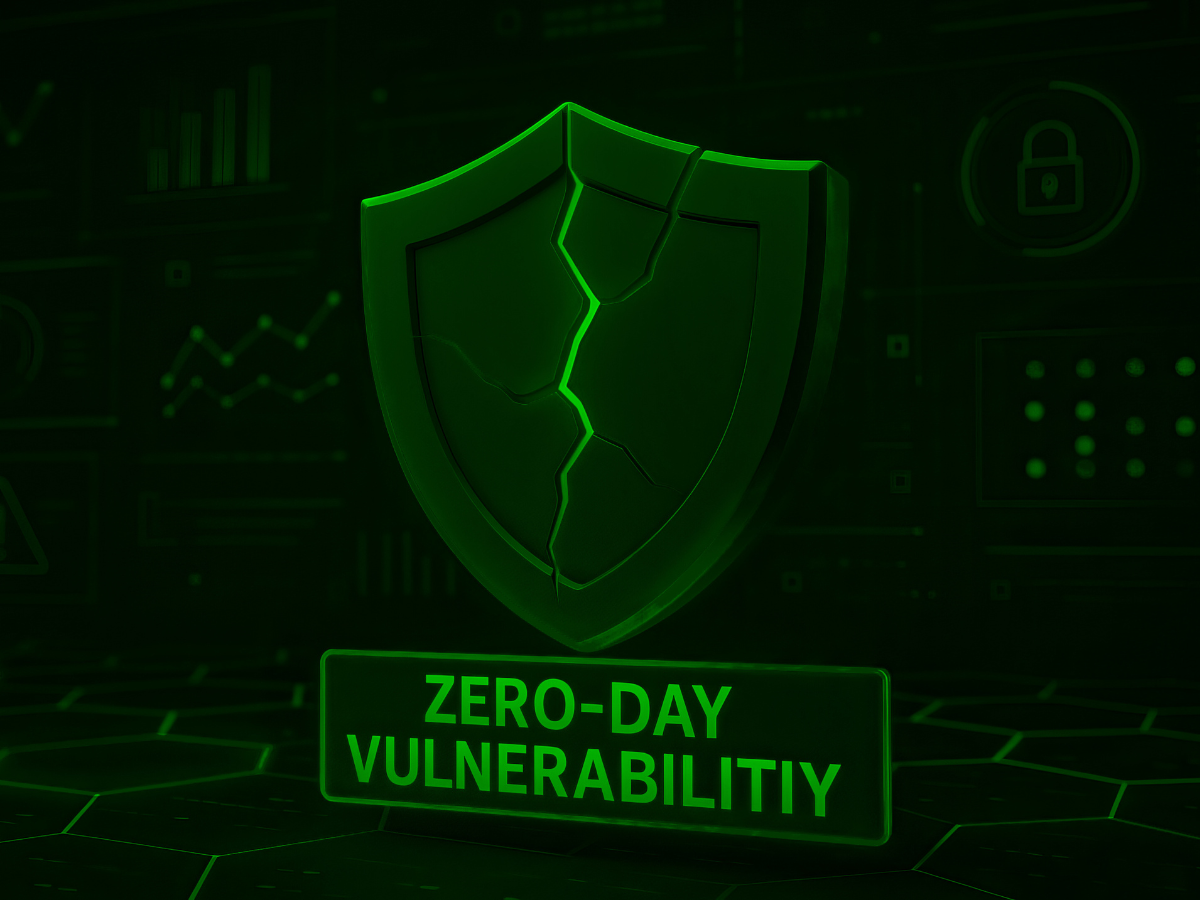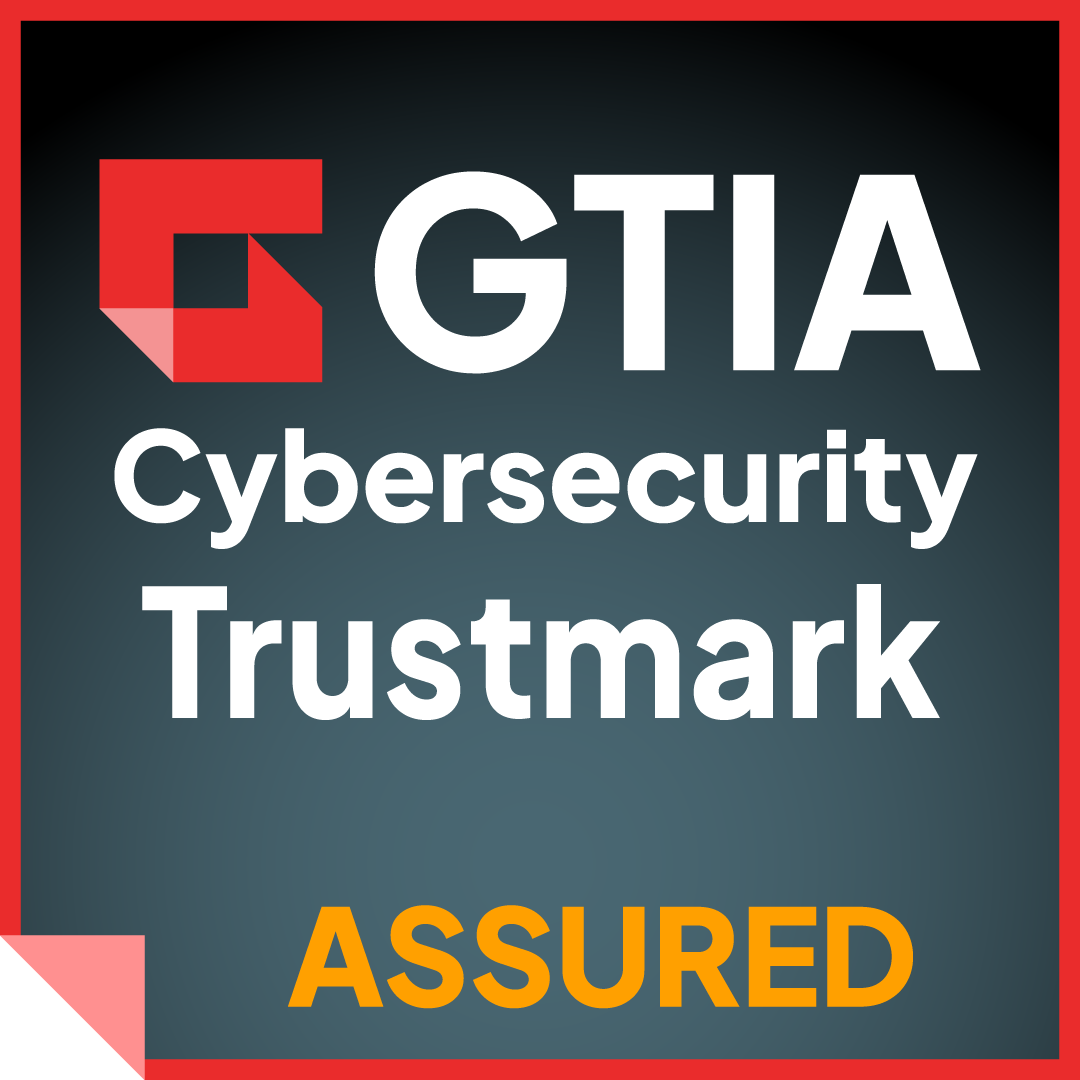Protect Your Hospitality Business Now
Carmine Corridore
Why Small Hospitality Businesses Are Big Targets for Cybercrime—and How to Stay Protected
Sophia had always believed in providing her guests with the best experience possible. As the owner of a boutique hotel chain, she prided herself on offering everything from seamless online bookings to fast in-room Wi-Fi. To her, technology was more than just a convenience—it was a core part of what made her hotels special. Guests could check in without stopping by the front desk, order room service from their phones, and even unlock their doors with mobile keys. Business was booming, and everything seemed perfect.
But, like many in the hospitality industry, Sophia had a blind spot. While she focused on creating a smooth and pleasant experience for her guests, she hadn’t given much thought to the security of the technology behind it. After all, she wasn’t a huge hotel chain. In her mind, only big corporations had to worry about cybersecurity.
That assumption was about to be tested.
An Unexpected Setback: The Power of Small Vulnerabilities
One day, her general manager called her in a panic. The hotel’s digital booking system had crashed. Online check-ins weren’t working, room keys wouldn’t activate, and guests couldn’t connect to the Wi-Fi. The hotel staff quickly found themselves overwhelmed by frustrated visitors suddenly faced with delays and confusion. Sophia immediately got on the phone with her IT provider. Still, as the minutes dragged into hours, it became clear that this wasn’t a simple glitch.
After a stressful night of manually organizing check-ins and apologizing to angry guests, Sophia learned the truth: the system had been compromised. Hackers had found a weak spot in the hotel’s outdated server software, which hadn’t been patched or updated in months. In the blink of an eye, they gained control of the hotel’s digital infrastructure. What seemed like a simple technical issue was, in fact, a full-scale cyberattack.
The True Cost of Cyber Neglect
Sophia’s hotel wasn’t the only target. Across the hospitality industry, hotels, restaurants, and resorts are particularly vulnerable to these attacks because of the sheer volume of sensitive customer information they handle—credit card numbers, personal details, travel histories, and more. For hackers, this is a goldmine. And for small-to-midsize operations like Sophia’s, the assumption that “we’re too small to be a target” can be a fatal mistake.
In Sophia’s case, the breach disrupted more than just her booking system. Once the hackers gained access, they started digging deeper. They found unsecured guest data, personal credit card information, and sensitive internal communications. With everything exposed, Sophia suddenly faced the risk of a privacy breach on top of her immediate operational disaster.
This breach didn’t just harm her business for a few hours—it threatened her long-term reputation. Guests trusted her hotel to keep their information safe, and that trust was now at risk. Worse, the costs associated with cleaning up the attack were staggering. She had to pay for a full cybersecurity audit, update her systems, and deal with legal and regulatory fallout. The financial hit was terrible, but the damage to her brand could have been even worse.
How Did This Happen? The Overlooked Gaps in Cybersecurity
It’s easy to see how Sophia’s hotel fell victim to this attack. The vulnerabilities that led to the breach were common ones:
- Outdated Systems: The hotel’s server software hadn’t been patched in months. Many small businesses don’t realize how critical regular updates are in protecting against vulnerabilities.
- Weak Passwords and Authentication: Employees had been using simple passwords, and there was no multi-factor authentication (MFA) to prevent unauthorized access. Hackers often exploit weak passwords as an easy entry point.
- Unsecured Wi-Fi Networks: Guests loved the free Wi-Fi, but it wasn’t segmented or secured. This made it easy for attackers to move from guest devices to the hotel’s internal systems.
- Lack of Regular Cybersecurity Audits: Sophia had assumed her IT provider was handling security, but there had been no proactive assessments to identify potential weak spots.
These are gaps that many small and mid-sized hospitality businesses share. The focus is often on day-to-day operations—ensuring guests are happy, rooms are filled, and services run smoothly. However, as technology becomes more integrated into these operations, it opens up new vulnerabilities that can be easily overlooked.
The Path to Prevention: Learning from the Experience
So, what can hospitality businesses do to avoid Sophia’s fate? The key takeaway is that cybersecurity must be as much of a priority as guest experience. Here’s how Sophia turned things around after her wake-up call:
- Proactive Security Measures: Sophia immediately implemented regular security audits. Rather than waiting for a crisis to expose her vulnerabilities, she prioritized having her IT systems checked for weaknesses on a routine basis.
- Employee Training: Strong systems weren’t enough; her staff needed to be prepared, too. She enrolled her team in cybersecurity awareness training. They learned how to recognize phishing attempts, secure guest information, and follow best practices for digital security.
- Investing in Advanced Solutions: Sophia upgraded to more sophisticated cybersecurity solutions, including real-time threat detection and intrusion prevention systems. Her hotel’s networks are monitored constantly, and suspicious activity is flagged before it becomes problematic.
- Wi-Fi Security: The hotel’s public Wi-Fi network was separated from its internal systems, reducing the risk of hackers jumping from one to the other. Guests can now enjoy fast, secure internet without exposing sensitive hotel data.
- Incident Response Planning: Finally, Sophia worked with Underdog Cyber Defense to develop a comprehensive incident response plan. In the event of another attack, her team would know exactly what steps to take—from isolating affected systems to communicating with guests—ensuring a faster recovery.
The Bottom Line: Hospitality and Cybersecurity Go Hand-in-Hand
Cybersecurity Awareness Month is a timely reminder that protecting your business isn’t just about preventing external attacks—it’s about safeguarding the trust that your customers place in you. The attack was a harsh lesson for Sophia but also an opportunity to make her business more robust and resilient.
If you’re in the hospitality industry, now is the time to ask yourself: Are you doing enough to protect your business from cyber threats? You might think you’re too small to be a target, but as Sophia’s story shows, that’s exactly what cybercriminals are counting on.
At Underdog Cyber Defense, we specialize in helping businesses like yours take control of their cybersecurity. Whether it’s implementing real-time monitoring, training your staff, or developing a robust response plan, we’ve got you covered. Don’t wait for a crisis to show you the gaps in your defenses—schedule a risk assessment today and let us help you protect your business, your guests, and your reputation.



